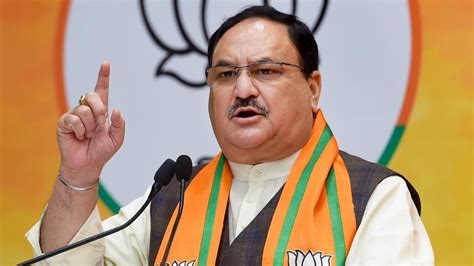A Quote by Kenzaburo Oe
From another point of view, a new situation now seems to be arising in which Japan's prosperity is going to be incorporated into the expanding potential power of both production and consumption in Asia at large.
Related Quotes
I shall argue that it is the capital stock from which we derive satisfaction, not from the additions to it (production) or the subtractions from it (consumption): that consumption, far from being a desideratum, is a deplorable property of the capital stock which necessitates the equally deplorable activity of production: and that the objective of economic policy should not be to maximize consumption or production, but rather to minimize it, i.e. to enable us to maintain our capital stock with as little consumption or production as possible.
Developed and benefited from the unsustainable patterns of production and consumption which have produced our present dilemma. It is clear that current lifestyles and consumption patterns of the affluent middle class-involving high meat intake, consumption of large amounts of frozen and convenience foods, use of fossil fuels, appliances, home and work-place air-conditioning, and suburban housing-are not sustainable. A shift is necessary toward lifestyles less geared to environmentally damaging consumption patterns.
The election of Shinzo Abe as the leader of Japan's ruling Liberal Democratic party and now prime minister will have profound repercussions for Japan and East Asia. Most western commentary during the premiership of Junichiro Koizumi has been concerned with the extent to which Japan has allowed a freer rein to market forces.
But every point of view is a point of blindness: it incapacitates us for every other point of view. From a certain point of view, the room in which I write has no door. I turn around. Now I see the door, but the room has no window. I look up. From this point of view, the room has no floor. I look down; it has no ceiling. By avoiding particular points of view we are able to have an intuition of the whole. The ideal for a Christian is to become holy, a word which derives from “whole.
To resort to power one need not be violent, and to speak to conscience one need not be meek. The most effective action both resorts to power and engages conscience. Nonviolent actions does not have to get others to be nice. It can in effect force them to consult their consciences. Nor does it have to petition those in power to do something about a situation. It can face the authorities with a new fact and say: Accept this new situation which we have created.
Revolutionary war is an antitoxin that not only eliminates the enemy's poison but also purges us of our own filth. Every just, revolutionary war is endowed with tremendous power and can transform many things or clear the way for their transformation. The Sino-Japanese war will transform both China and Japan; provided China perseveres in the War of Resistance and in the united front, the old Japan will surely be transformed into a new Japan and the old China into a new China, and people and everything else in both China and Japan will be transformed during and after the war.
While both denominations maintain missions in Asia and Africa in order to win new followers for their doctrine- an activity which can boast but very modest success compared to the advance of the Mohammedan faith in particular- right here in Europe they lose millions and millions of inward adherents who either are alien to all religious life or simply go their own ways. The consequences, particularly from a moral point of view, are not favorable.
You see the natural progression of what happens when the executive gets power and then a new executive comes in. The new executive doesn't say, "Oh, man. The president has just got too much power. We're going to dial that back." No, they expand the power. It's like, "He didn't use it well, so I'm going to take more power and use it better because I'm a better guy and my values are better." Then you suddenly realize that the very people who were attacking Guantánamo prior to getting into office are now the people expanding an assassination program overseas.
The farmers markets were another step to giving people an opportunity to take more power over their own lives-and also to provide another outlet for organic produce. That is important because the production and distribution of food is increasingly being monopolized and controlled by large corporate structures, large financial structures.
Consumption is the sole end and purpose of all production; and the interest of the producer ought to be attended to only so far as it may be necessary for promoting that of the consumer. The maxim is so perfectly self-evident that it would be absurd to attempt to prove it. But in the mercantile system the interest of the consumer is almost constantly sacrificed to that of the producer; and it seems to consider production, and not consumption, as the ultimate end and object of all industry and commerce.






































